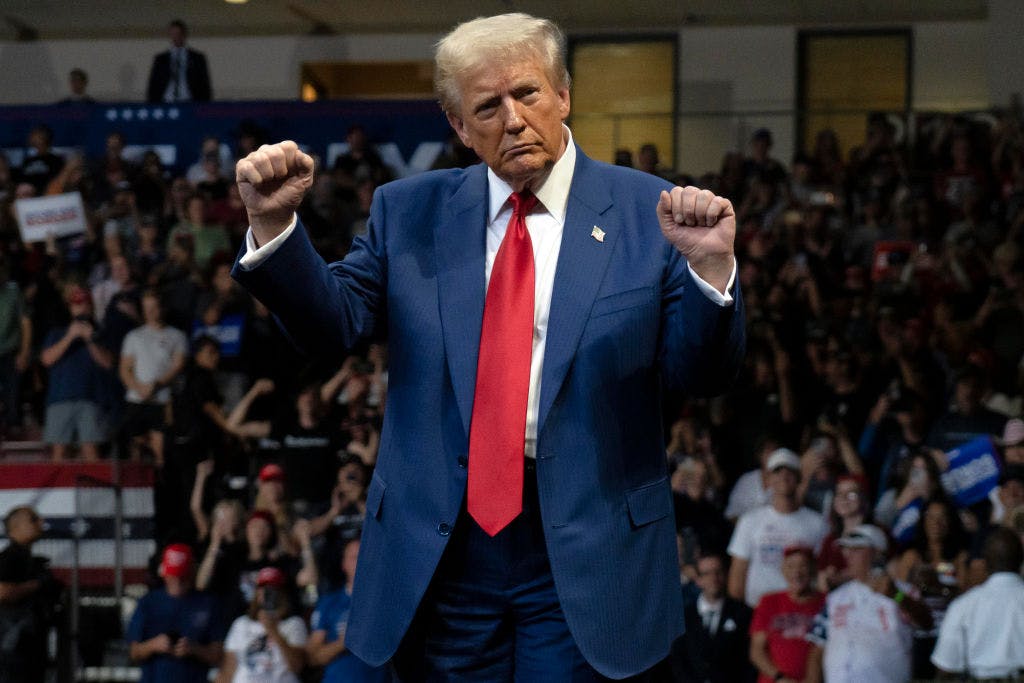“Follow the feds” replaces “follow the Fed” as financial market maxim
Taking a position in companies the US government has exposure to has worked out handsomely so far.
The concept that investors should “follow the Fed” explains how risk appetite rebounds from its nadir during times of extreme market stress.
The US central bank purchases Treasurys after liquidity and credit conditions cause investors to flee all assets and turn to cash? Well, buy US Treasurys, then. Things are bad enough, like during the onset of the coronavirus pandemic, that monetary policymakers are willing to dip their toes into US corporate bonds? Again, “buy what the Fed is buying.”
Lately, investors in the US stock market have enjoyed a variation on this theme: don’t follow the Fed — follow the feds. That is, buy stocks of companies where the government has accumulated an equity position, or is rumored to be doing so. Intel has been a massive beneficiary of the US government taking an equity stake, which was later followed by an Nvidia partnership and investment. Rare earths miner MP Materials has gained even more significantly thanks to an investment from the Pentagon. And reports that the government will pursue a similar strategy with Lithium Americas prompted that stock to nearly double in a day last week.
Retail investors are clearly paying attention to this mantra. On Friday morning, Intel had more positive mentions on Reddit’s r/WallStreetBets over the previous 12 hours than any other stock had in overall mentions, per data from SwaggyStocks. And Lithium Americas was just outside the top five in total mentions during that time.
It’s the most stark example of a theme that’s been key for markets in 2025: the power of the Trump administration as a market catalyst. Policy decisions made in the executive branch, ranging from tariff carve-outs, export restrictions and reversals, and personal and ideological relationships with the president, have made a clear mark on market giants like Apple, Nvidia, Palantir, and Tesla.
If you don't own at least some $INTC literally what are you doing. It's irresponsible not to
— BuccoCapital Bloke (@buccocapital) September 24, 2025
It's a national emergency to make this company work, and Trump is going to twist every single arm to throw money into the pot or to sign up to be a customer over the next three years
Well said.
Before getting too giddy over the prospect of “following the feds,” I’d be remiss not to point to China as an example of how:
The long-term performance of companies with a heavy government footprint leaves much to be desired, and
What are seemingly national champions or well-supported industries can see their stocks crushed by the state’s changing whims (e.g. for-profit education stocks in 2021 or tech giants circa 2020).
That being said, for companies like Intel with a top-line profile like this, it’s not hard to see why “I’m from the government and I’m here to help” is something that resonates with investors. If President Trump’s self-professed industrial policy preference is to “Make America[n producers] great again,” well, a sustained inflection higher in Intel’s sales would likely prove to be a massive boon for the stock, even if profits are expected to be lackluster in the near term.
